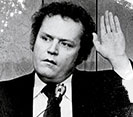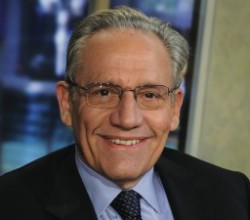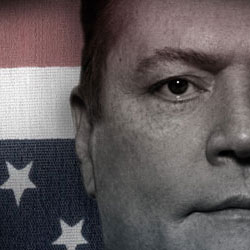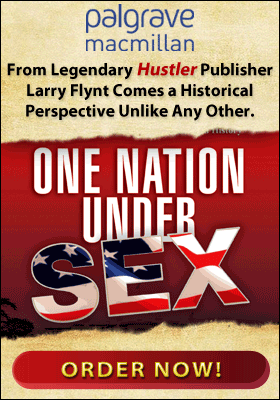From HUSTLER Magazine
Is the War on Drugs Finally Over?
The district attorney of Philadelphia, Larry Krasner, made a radical proposal in May: Instead of prosecuting and incarcerating those caught for the possession of drugs as criminals, they would be sent to treatment centers. “Possession is different than dealing. It’s different than carrying a bunch of drugs you intend to sell or deliver later,” said Mr. Krasner. “I do not see value in convicting people like that, thereby making it harder for them to get a job.”
This coincides with Denver recently decriminalizing psychedelic psilocybin mushrooms; Oakland proposing to decriminalize mescaline, ayahuasca and ibogaine; and Mexico’s new president, Andrés Manuel López Obrador, calling for the complete decriminalization of all drugs in his country. His intent is to use the money tied up in fighting the violent war against the cartels for treatment centers instead. “The ‘war on drugs’ has escalated the public health problem posed by currently banned substances to a public safety crisis,” stated Mr. Obrador. The current “prohibitionist strategy is unsustainable.” He even proposed that America follow his lead.
Decriminalization means fines and/or treatment for users and no criminal record, which can render them unemployable. Manufacturers and pushers of the most dangerous narcotics—meth, opioids, etc.—would still be prosecuted, and in my opinion, that should include the Big Pharma companies shooting their legal fentanyl into the nation’s veins.
We tend to think that drugs have always been criminalized, but that’s not true. Before WWI, Coca-Cola contained cocaine. Go to an antique store and you might find tins for legal opium pills and uppers from the same period. Mushrooms and peyote weren’t contraband when Abraham Lincoln was in the White House. And traces of hash, nicotine and cocaine have been found in Egyptian mummies.
Prohibition often fuels the rise of organized crime, as it did with alcohol in America and drugs in Mexico. Portugal completely decriminalized drugs in 2001, and its rates of drug-related deaths, incarcerations and disease infections plummeted and remain low today. Uruguay has done the same for over 40 years, making possession and use legal, but manufacture and sale illegal. The horrible situation in America now—armies of homeless, many of them hooked on drugs, trashing the inner cores of cities—is not happening in Lisbon and Montevideo. By any measure, our current drug policies, begun in 1973 under Nixon, have been a colossal failure.
Some say we’ve got too many Bible-thumpers and rigid conservatives in high office to make such a radical change. But we never thought recreational marijuana would be legalized either. And like the war on terror, we’ve got huge bureaucracies—police, prosecutors and prisons—addicted to the never-ending war on drugs. That’s the real addiction we’ll have to cure before implementing a sane new drug policy. We’re all paying a steep price for the total prohibition of many drugs less harmful than alcohol and tobacco, and we should be open to making the same reforms that have proven successful in other nations.

















